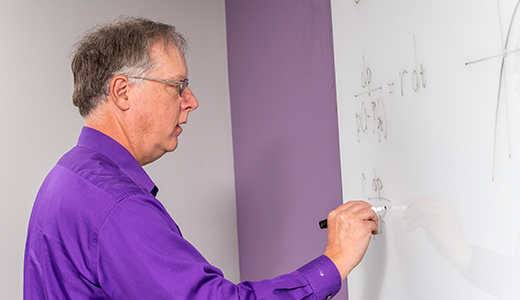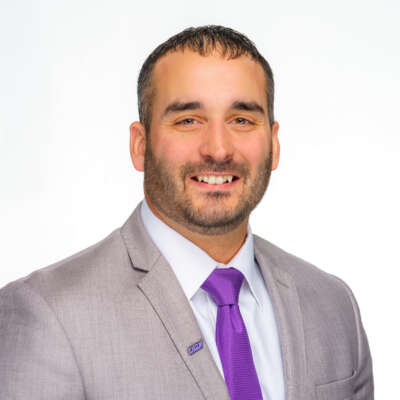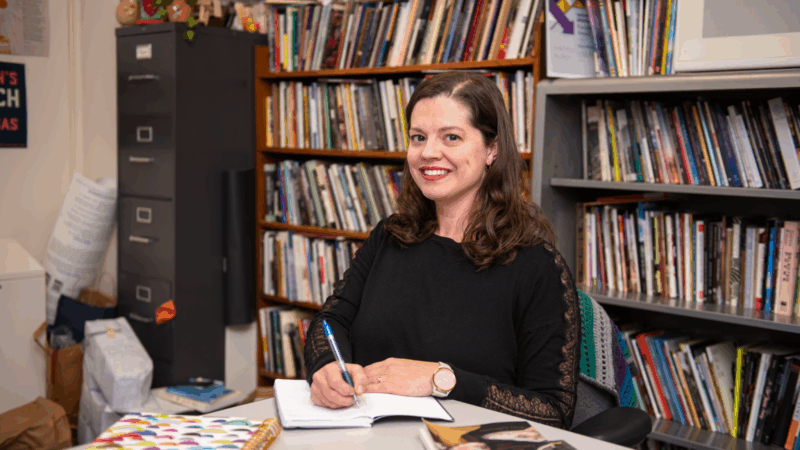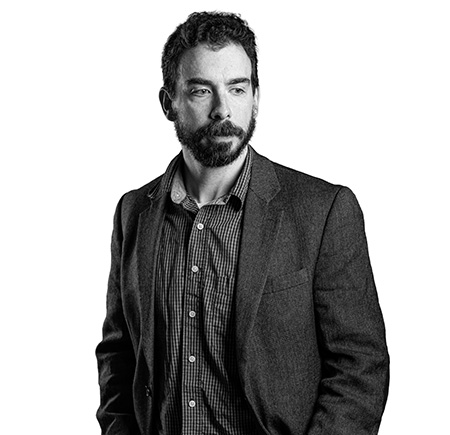Andy Bennett changed his idea of a textbook to better suit how today’s students learn.
Changing perceptions on what a textbook is and how it should function in a classroom is one of the key features that Andy Bennett, professor in mathematics and co-founder of the Open/Alternative Textbook Initiative at Kansas State University, wanted to get across when he started the program.
“One of the issues in education today is that when a teacher starts a class, the bookstore sends an email that says ‘what textbook are you requiring?’ and that’s the wrong question,” Bennett said. “It should be ‘what do your students need to succeed in your class?’ and particularly in the modern day, that material may not be a textbook.”
What is Textbooks 2.0
The Open/Alternative Textbook Initiative, also known as Textbooks 2.0, is a grant program that provides funding to K-State faculty and instructors to develop free alternatives to traditional textbooks. The program encourages the implementation of the cost-saving texts for students, while also improving the quality of the learning process.
Andy created his own less-expensive textbook
Before this initiative, Bennett had already changed his course over to a program that is based on his knowledge and resources, not a clunky textbook. “For years my textbook was a sheath of notes that I made, and mine was $100 cheaper (than a traditional textbook),” Bennett said. “Going through an open/alternative textbook really meant that I spent some time going through my teaching and thinking ‘what are the key ideas I am trying to get through?’ instead of looking at what anyone has ever covered in a math class. It helps me focus my thinking on what I am teaching.”
Andy teams up with Brian Lindshield to launch Textbooks 2.0
After bringing this up in a faculty senate meeting, Bennett was approached by Brian Lindshield, professor in food, nutrition, dietetics, and health, and Beth Tuttle, employee of K-State Libraries, to start a program for more faculty to receive funding to create their own textbooks. The goal they had in mind — to save students money — turned into a program that provides faculty the support they need in order for students to be successful in the classroom.
Once this initiative got off the ground, Bennett started seeing instant results in students’ ability to learn the material. “If you get students materials that are better suited for the class they are in, that they learn better from, and that they like better, then students will realize that there is more material out there to learn from,” Bennett said. “Information is not always in dusty volumes of textbooks. If you are going to be a life-long learner and be successful in your career, you need to learn that information is everywhere.”
A great return on K-State’s investment
Not only is this a valuable resource for faculty to improve student success in learning, it is a great return on investment for the university. Providing free course materials saves money for every student in the class. For every $1000 donated to the program, K-State has been able to save students a total of $8000 overall. That is an 8:1 return on investment, and the program can achieve those returns every year.
“The funds given to support this program saves money for lots of students over and over. That’s our goal: to provide the faculty the support required to make the switch from a traditional textbook so that students get better materials and they get them for less,” Bennett said.
Support the Textbooks 2.0 initiative during All In for K-State.





